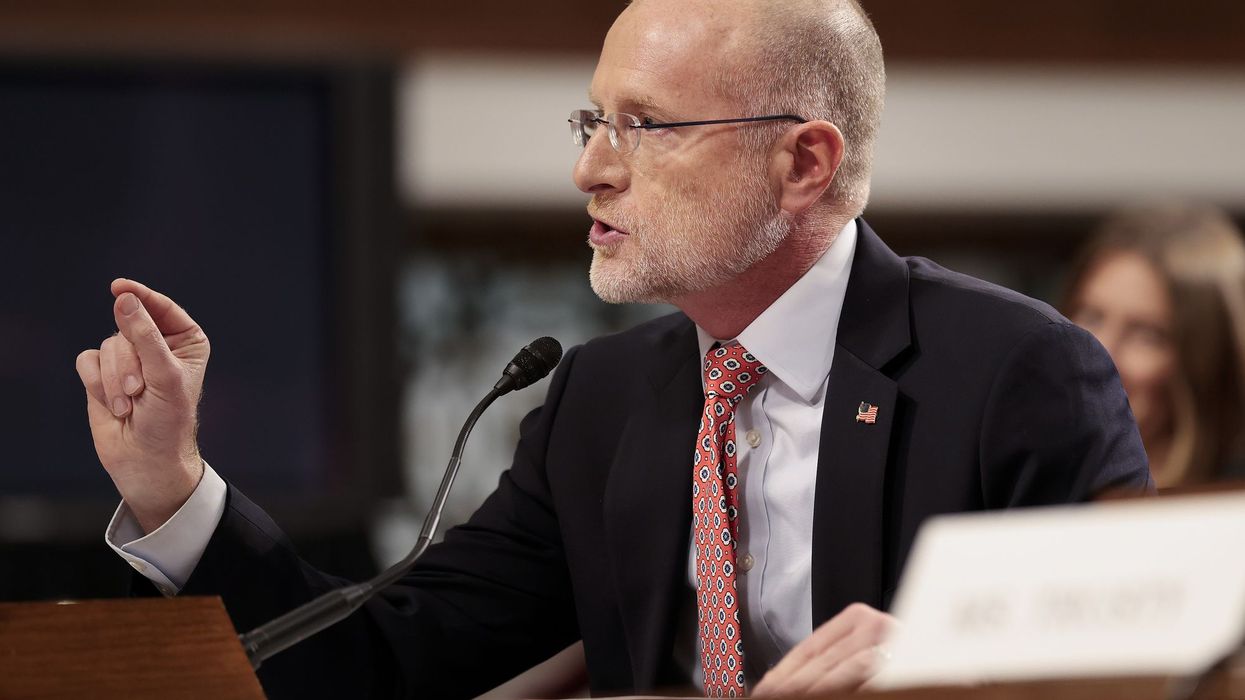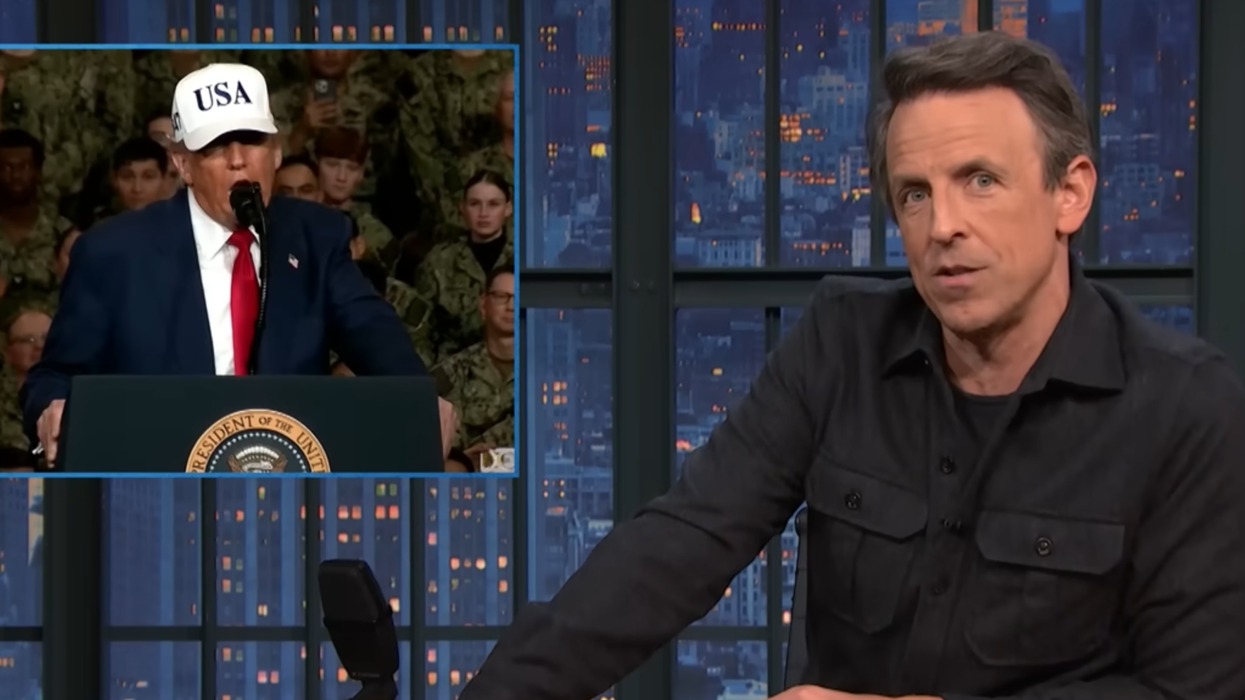Description of FCC as 'Independent' Scrubbed From Agency Website After Chair Says It Isn't
One critic called the removal—which came immediately after FCC Chair Brendan Carr ignored nearly a century of historical precedent by claiming the agency is not independent—"a chilling authoritarian touch.”
Federal Communications Commission Chair Brendan Carr stunned many observers Wednesday by suggesting that the FCC is subordinate to President Donald Trump—an assertion followed almost immediately by the removal of the word "independent" from the agency's website.
Pressed by Democratic—and some Republican—lawmakers during a contentious Senate Commerce Committee hearing that addressed the FCC's mission of independently implementing and enforcing US communications laws and regulations, Carr said that "formally speaking, the FCC is not independent."
Sen. Ben Ray Luján (D-NM) read aloud from the FCC's website, which at the time proclaimed the agency's independence.
"Is your website lying?" asked Luján.
"Possibly," replied Carr.
Within minutes of Carr's testimony, the mission statement on the FCC's website no longer described the agency as "independent."
Addressing Carr's apparent fealty to Trump, Sen. Andy Kim (D-NJ) asked, "If you don’t think that the FCC is independent, then is President Trump your boss?”
Carr replied: “President Trump has designated me as chairman of the FCC. I think it comes as no surprise that I’m aligned with President Trump on policy.”
A former telecommunications attorney, Carr has been criticized for siding with corporations and against the public interest on nearly ever major issue to come before the FCC. Many of his views are laid out in the chapter on the FCC he authored for Project 2025, the Heritage Foundation-led blueprint for a far-right overhaul of the federal government.
As chair, Carr has been accused by critics including Democratic lawmakers—some of whom have demanded his firing or resignation—of being a Trump sycophant, especially over his role in getting ABC late-night talk show host Jimmy Kimmel suspended for joking about the assassination of far-right firebrand Charlie Kirk.
Asked by Kim if it would be appropriate "for the president or senior administration officials to give you direction to pressure media companies," Carr declined to directly answer the question.
“The easy answer is, ‘No.’ It’s not a hypothetical," the senator said. "Trump is not your boss. The American people are your boss."
Matt Wood, general counsel and vice president of policy at the advocacy group Free Press Action, said that "if Brendan Carr proved anything today, it’s only that he’s willing to shout down senators and contort his supposed free speech principles to protect Trump’s ego and attack Trump’s critics."
Wood lamented that Carr "proudly trashed his own agency’s historical independence."
"Right after senators pointed out the contradiction between the FCC’s online description and Carr’s claim that Donald Trump ultimately called the shots, language noting the agency’s independence disappeared from the FCC.gov website—a chilling authoritarian touch," he added.


